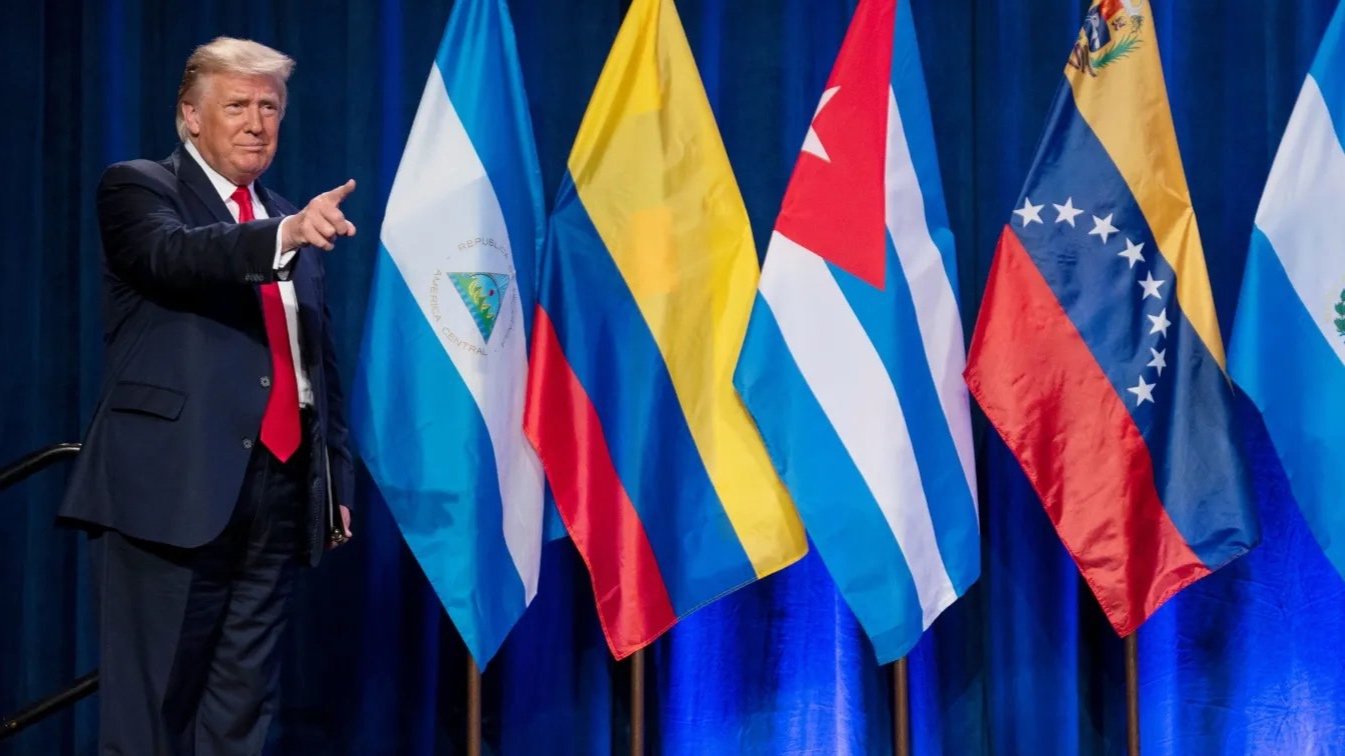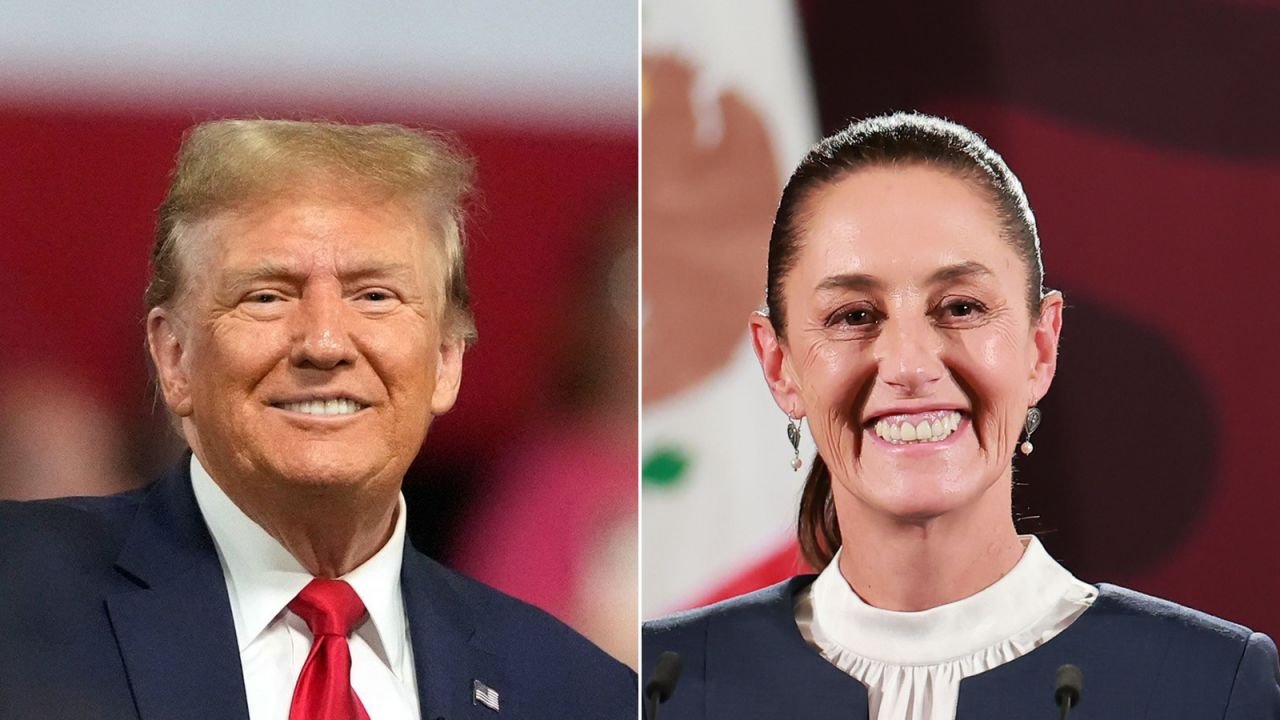Our Insights
Featured Posts Selected by Our Experts
Explore all of our Insights, Interviews, Commentary, and More
Media Type

Talking Points | U.S.-China Post-“Liberation Day” - What’s Ahead
The Administration’s “Liberation Day” tariff announcement has already sparked retaliation and potential escalation with China, the world’s second largest economy. While a tariff rate of an additional 34% was announced, combined with pre-existing tariffs, the rate came closer to the 60% that the President said he would impose during the campaign.

In the Firing Line: Australia Reacts to U.S. Trade Blitz
U.S. President Donald Trump announced the imposition of a 10 percent tariff on all Australian exports to the United States. This decision encompasses key sectors such as beef, pharmaceuticals, and critical minerals, and has elicited significant responses from both the Australian government and industry stakeholders.

Tholos Talks | Trump 2.0
In this episode, Jake sits down with Scott Miller and Bill Reinsch—better known as The Trade Guys. Together, they break down the shifting landscape of global trade, the transformative role of technology in economic policy, and what businesses must navigate in an increasingly complex market.

The Battle for Canberra: Your Guide to the 2025 Australian Federal Election
Prime Minister Anthony Albanese has officially called the 2025 Australian federal election, scheduled for 3 May 2025. The announcement marks the beginning of a five-week campaign period leading up to the polling day. The 47th parliament has officially dissolved, marked by a traditional cannon fire ceremony at Parliament House.

Talking Points | Key Takeaways from China’s Two Sessions
China’s Two Sessions are underway – their annual meeting of the National People’s Congress (NPC) and adjacent Chinese People’s Political Consultative Congress (CPPCC). The sessions do not usually break news, that’s usually done in the major Party meetings, but they do underscore the strategy and provide some notable updates.

China’s 2025 Economic Plan
The headline developments in China this week are likely to stay relevant for some time – at least the next couple of years – as they help answer two key questions: How do senior Chinese leaders plan to shepherd the domestic economy in the years ahead? And what is the state of China’s evolving approach to the second Trump administration when it comes to tariffs and broader economic statecraft?

Talking Points | Driving Digital Transformation: Saudi Arabia's Giant LEAP
Saudi Arabia’s Vision 2030 is a comprehensive strategy to diversify its economy and solidify its position as a global technology and innovation hub. A cornerstone of this vision is the development of a world-class digital infrastructure to support both public and private sector transformation. Key investments are being made in AI, cloud computing, smart cities, and cybersecurity.

Expert Take | What Trump 2.0 Means for Latin America
Latin America is closely monitoring President Trump’s second term, marked by priorities that directly impact the region, including immigration, drug cartels, and the influence of China. These issues resonate due to record-high migration at the U.S.-Mexico border, increasing fentanyl-related deaths (over 70,000 last year), cartel-driven violence, and China’s growing role as a trade partner and investor.

Expert Take | What Trump 2.0 Means for China-Latin America Relations
Once a niche topic, the Latin America-U.S.-China (LUC) relationship is set to gain mainstream policy attention under Trump 2.0. Washington will be the primary driver of this shift, with continued bipartisan support to counter China and an incoming senior foreign policy team unusually well-versed in Latin America.

Expert Take | What Trump 2.0 Means for Mexico
While January 20th marked the official beginning of Trump’s second administration, Mexico has long been preparing for his presidency, particularly in economic matters. This challenge is not new for Mexico. In fact, the country not only survived Trump’s first term, but actually thrived.






